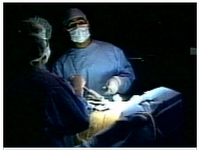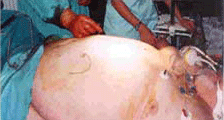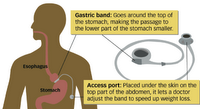Estimated 120,000 patients will have gastric bypass surgery in 2008
There isn't a magical weight-loss pill, but the way some people talk, there is a magic weight-loss knife. However, Carlos Carrasquilla, M.D., F.A.C.S., director of the Florida Center for Surgical Weight Loss Control in Fort Lauderdale, Fla., cautions that weight-loss surgery isn't an easy fix. It requires adopting new eating and exercise habits for life, as well as coping with the risks of surgery. Still, both bariatric and laparoscopic weight-loss surgery are increasingly common.gastric bypass malpractice lawyers
One medical analyst predicts more than 120,000 Americans will have the procedures this year, with an average cost of $25,000 per surgery (an amount that is not always covered by health insurance).
We asked the man who brought the laparoscopic surgery procedure to South Florida for the low-down on the answers to the growing number of questions about weight-loss surgery.
Bulletin: Weight loss surgery isn't for everyone. Who is the ideal candidate?
Dr. Carrasquilla: We go by Body Mass Index (BMI). People with a BMI of more than 40 are, on average, 100 pounds above average weight. Those people are considered "supermorbid obese." They have tried everything possible. But once you get above 100 pounds above your ideal weight, there is a 98 percent failure rate in [other] weight-loss treatments. More >>
Labels: bariatric surgery, gastric bypass surgery education, weight loss surgery business






